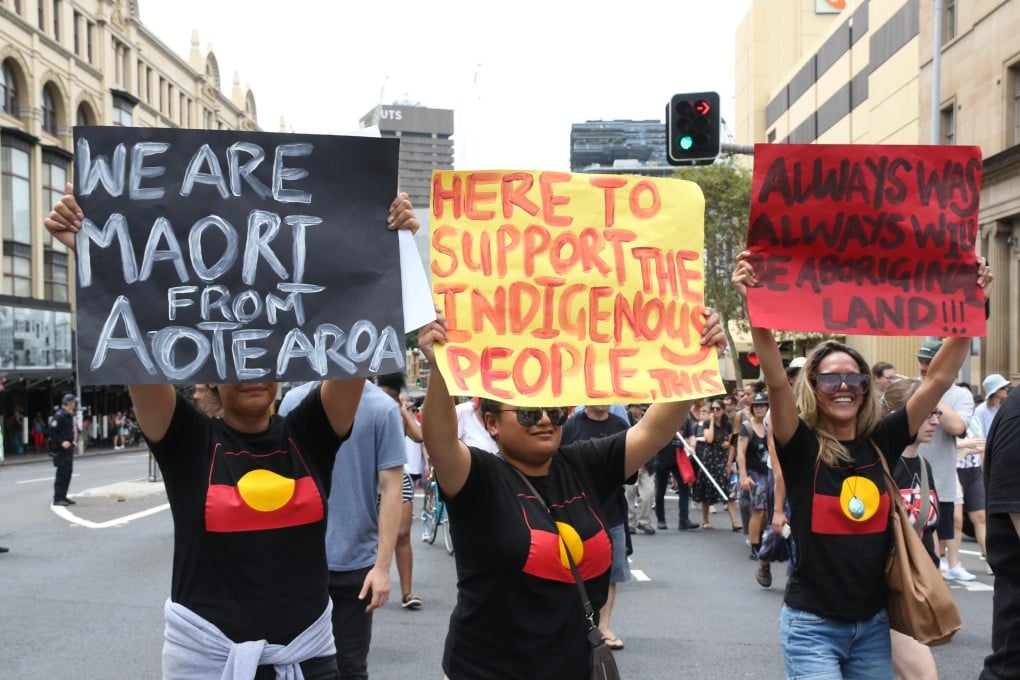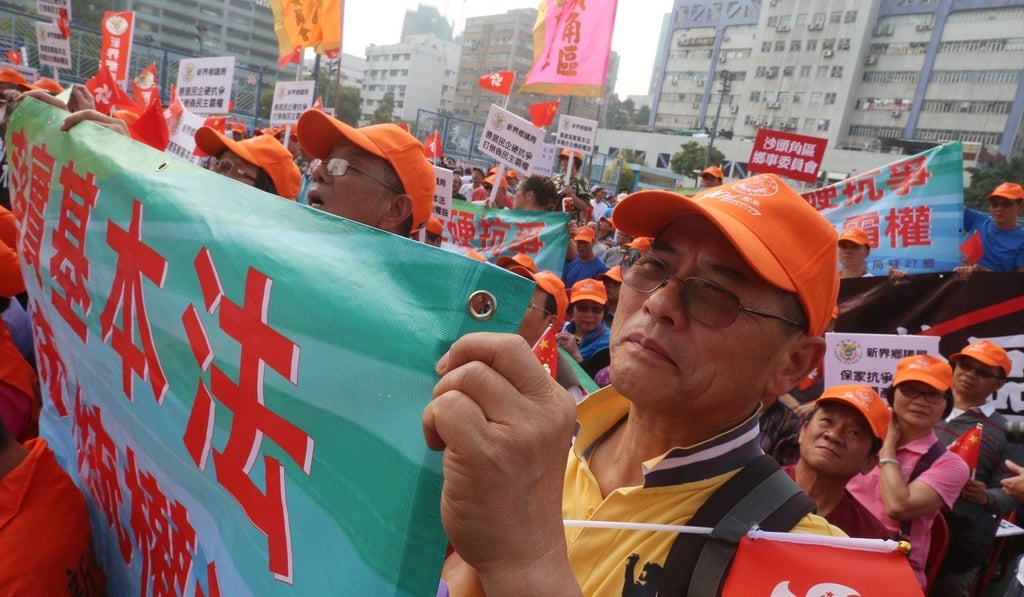Language Matters | Why ‘indigenous’ should be word of the year – from Canada to Hong Kong, it is time aboriginal peoples are heard
A fortnight into 2019, the UN has already declared it the International Year of Indigenous Languages, but there is more to it than that

A common practice in recent years is for dictionaries to select a “Word of the Year” (WOTY) – a word or expression attracting significant interest and thus judged to reflect the ethos or preoccupations of the passing year, with potential as a term of cultural significance. For 2018, selections include: “justice” (Merriam-Webster); “misinformation” (dictionary.com); “nomophobia” (Cambridge); “single-use” (Collins); “toxic” (Oxford).
A fortnight in, it is clear what the WOTY for this year must be: “indigenous”. This is not least because 2019 is the United Nations’ International Year of Indigenous Languages. Communities around the globe have hit the ground running: Sydney’s New Year’s Eve’s celebrations included a Calling Country ceremony in the Gadigal language, and featured indigenous artistes.
When referring to entities – peoples, flora and fauna, languages, music and philosophies – that originate or occur naturally in a particular place, the use of “indigenous” has increased significantly in the new millennium, due to growing attention to and evolution of perceptions and politics involving indigenous peoples and languages.
In Canada, the term “indigenous peoples” is a collective noun for First Nations, Inuit and Métis peoples (the last being people of mixed indigenous and European ancestry), and nowadays is more widely used than “aboriginal peoples”. The latter was used in the Constitution Act, 1982, then a welcome replacement for terms such as “Indians” (with its incorrect origins and connections to coloniser policies) and “native”, but some First Nations peoples now disapprove of it.

Hong Kong has several indigenous communities, such as the boat-dwelling Tanka and the Hakka. But it is the New Territories’ indigenous inhabitants, or indigenous villagers, and their small-house policy – part of the traditional rights protected by Basic Law and a legacy of the British colonial government – who are often in the news. As in all indigenous matters, entitlements in the Hong Kong context are contested.
